Winner of the grand prize at the 2020 Middle East Car of the Year awards, the MG HS’ victory may have come as somewhat as a surprise, but it was one well-earned. Though not the largest SUV or the most rewarding driver’s car offered by the British-born and now Chinese-owned and operated manufacturer, the HS is MG’s stand out product. A superbly accomplished all-rounder with world class driving characteristics and design, and generous equipment and performance levels, The MG HS’ also represents excellent value for money, crucial in the current financial climate.
Debuting at the 2018 Beijing motor show and introduced as a 2020 for the Middle East, where MG’s entrance has been vigorously pursued, the HS sits at the larger end of the compact crossover SUV segment, and is built on a transverse engine, front-drive derived platform with optional four-wheel-drive, as featured. An attractive design with a Coke-bottle style waistline and muscular shoulders, the HS’s focal point is however its broad chrome-ringed, and spangled, diamond pattern mesh grille – with a large octagonal emblem – reminiscent of the Mercedes-Benz A-Class and recently launched Lincoln Aviator.
The more attractive of two grille design identities employed by MG across their range of cars and SUVs, the HS’ sportier snout is flanked by slim, squinting browed headlights, a bulging bonnet on top, and full-length faux intake below, which incorporates thick chrome-ringed fog lights. Purposeful and flowing, the HS’s design features a slight upward kink to the rearmost window and accentuated side sills. To lend it the expected rugged aesthetic, the HS features a brushed aluminium effect faux skid plate under its chin, lower black wheel-arch cladding and big 235/55R18 tyre clad alloy wheels.
 Driven in 30T Trophy guise, the MG HS is powered by a turbocharged direct injection 2-litre 4-cylinder engine driving all four wheels through a 6-speed automated dual clutch gearbox. Based on Opel’s SIDI Ecotec engine, it develops 228BHP at 5,300rpm and 266lb/ft throughout a usefully broad 2,500-4,000rpm band in service under the HS 30T’s bonnet. Capable of achieving a 210km top speed and returning moderate 8.6l/100km combined cycle fuel economy, the HS 30T is a brisk mover, and is estimated to be capable of completing the 0-100km/h acceleration benchmark in 7.6-seconds.
Driven in 30T Trophy guise, the MG HS is powered by a turbocharged direct injection 2-litre 4-cylinder engine driving all four wheels through a 6-speed automated dual clutch gearbox. Based on Opel’s SIDI Ecotec engine, it develops 228BHP at 5,300rpm and 266lb/ft throughout a usefully broad 2,500-4,000rpm band in service under the HS 30T’s bonnet. Capable of achieving a 210km top speed and returning moderate 8.6l/100km combined cycle fuel economy, the HS 30T is a brisk mover, and is estimated to be capable of completing the 0-100km/h acceleration benchmark in 7.6-seconds.
A comparatively low-revving engine that develops its full power potential earlier in the rev range than many similar engines, the HS 30T’s character is that of brawny bruiser with tremendous punch rather that a scrappy high strung fighter. Riding a thick, rich and abundantly forceful wave of mid-range grunt, it pulls away with effortless authority when overtaking or on inclines. At very low engine speeds, the 30T seems to need a brief moment for its turbo to spool up and boost, while its gearbox favours higher gears for economy when driven in default driving mode.
If economically minded in primary driving modes accessible through a centre console button, the HS 30T becomes a considerably more eager machine when one engages its Super Sport mode. Accessed through an enticingly big red steering-mounted button – like an Italian exotic – Super Sport mode unleashes additional torque reserves and acts to sharpen throttle and gearbox responses, through either kickdown or regular shifts, when engaged. Tested in four-wheel-drive guise, the HS meanwhile seems to drive with some front-bias in normal circumstances but seamlessly allocates power rearwards for additional traction, grip and stability.
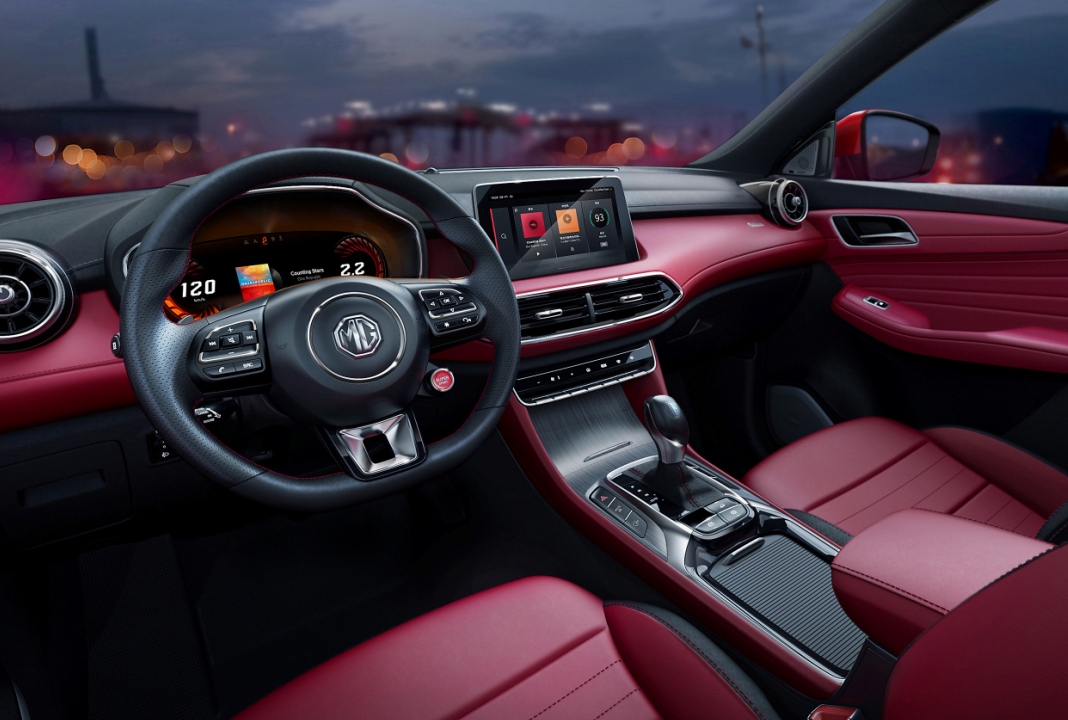 A comfortable riding SUV with stable and reassuring highway manners, the HS well absorbs road imperfections at speed and feels supple over all but the most sudden jagged low speed bumps. Set-up for comfort, the tall HS naturally leans slightly through tight quick corners, but nevertheless well controls its 1.6-tonne weight. Tidy and responsive into corners with good grip going in and coming out, the HS may not have the same delicately textured steering feel and tip of the finger communication as its smaller and sportier MG 6 saloon stable-mate, but its steering is nonetheless light, direct and accurate.
A comfortable riding SUV with stable and reassuring highway manners, the HS well absorbs road imperfections at speed and feels supple over all but the most sudden jagged low speed bumps. Set-up for comfort, the tall HS naturally leans slightly through tight quick corners, but nevertheless well controls its 1.6-tonne weight. Tidy and responsive into corners with good grip going in and coming out, the HS may not have the same delicately textured steering feel and tip of the finger communication as its smaller and sportier MG 6 saloon stable-mate, but its steering is nonetheless light, direct and accurate.
A more agile vehicle through corners with its comparatively compact dimensions and footprint, the MG HS is easily maneuverable and easy to place on the road as modern crossover SUVs go. That said, the HS’ equipment includes standard rear parking sensors and camera, and optional lane departure warning and blind spot detection system, in addition to other more advanced driver assistance systems, depending on model, specification and market availability. Meanwhile, other standard safety features include front, side and curtain airbags, three-point seatbelts and headrests all-round, child seat anchors, electronic brakeforce distribution and more.
Refined and quiet inside, with good front and rear passenger space and access, the HS provides a good driving position with tilt/reach steering adjustability and supportive full sports seats with integrated headrests in Trophy specification. Distinctly more up-market for its class, Trophy spec looks and feels luxuriously sporty, with plenty of soft textures, real leather upholstery, chunky steering wheel, brushed aluminium style panels, rich colours and clean, modern and sporty design. Well-equipped inside with user-friendly controls, the HS Trophy features a long list of standard comfort and convenience features including an air quality system, dual zone climate control, and Android Auto and Apple Carplay enabled infotainment among others.
Specifications: MG HS 30T Trophy
- Engine: 2-litre, transverse, turbocharged 4-cylinders
- Valve-train: 16-valve, DOHC
- Gearbox: 6-speed dual clutch automated, four-wheel-drive
- Power, BHP (PS) [kW]: 228 (231) [170] @5,300rpm
- Specific power: 114.3BHP/litre
- Torque, lb/ft (Nm): 266 (360) @2,500-4,000rpm
- Specific torque: 180.5Nm/litre
- 0-100km/h: 7.6-seconds (estimate)
- Top speed: 210km/h
- Fuel consumption, combined: 8.6-litres/100km
- Fuel capacity: 55-litres
- Length: 4,574mm
- Width: 1,876mm
- Height: 1,685mm
- Wheelbase: 2,720mm
- Ground clearance: 175mm
- Luggage volume, min/max: 463-/1,287-litres
- Kerb weight: 1,630kg (estimate)
- Suspension, F/R: MacPherson struts / multi-link
- Steering: Electric-assisted rack & pinion
- Brakes, F/R: Ventilated discs / discs
- Tyres: 235/50R18


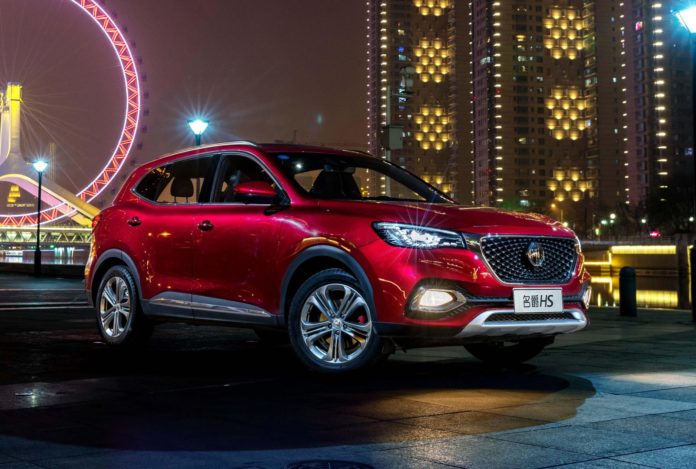
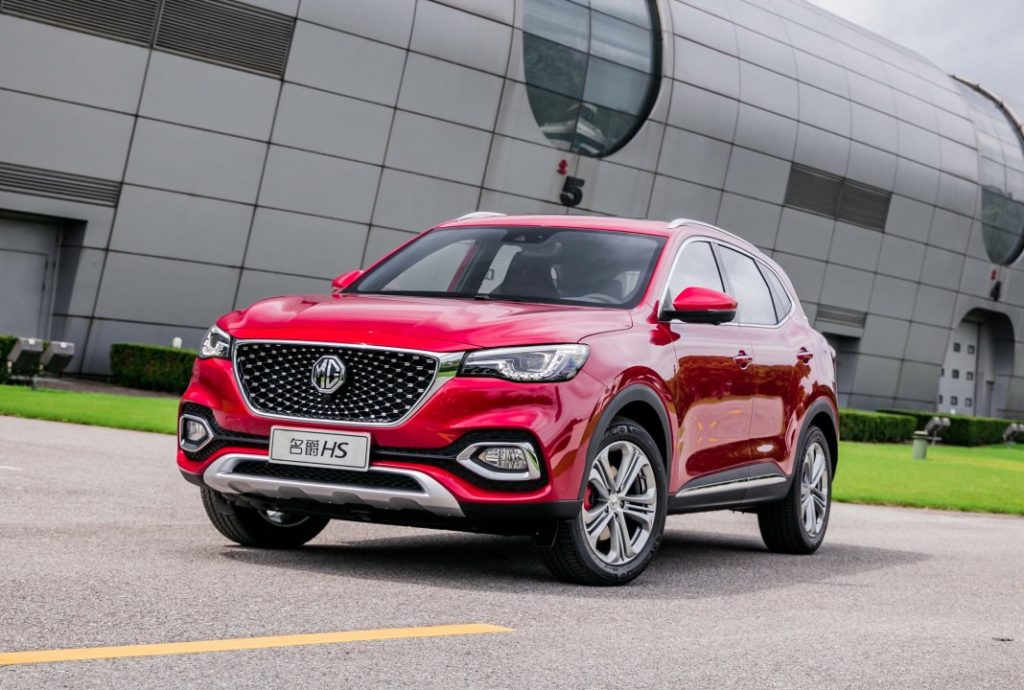
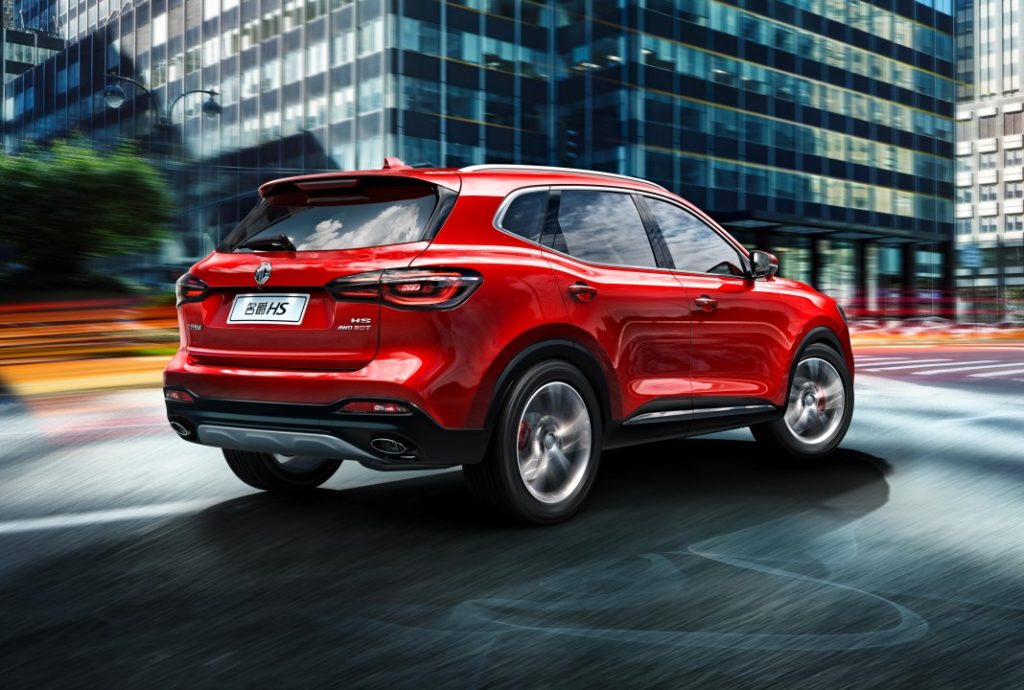
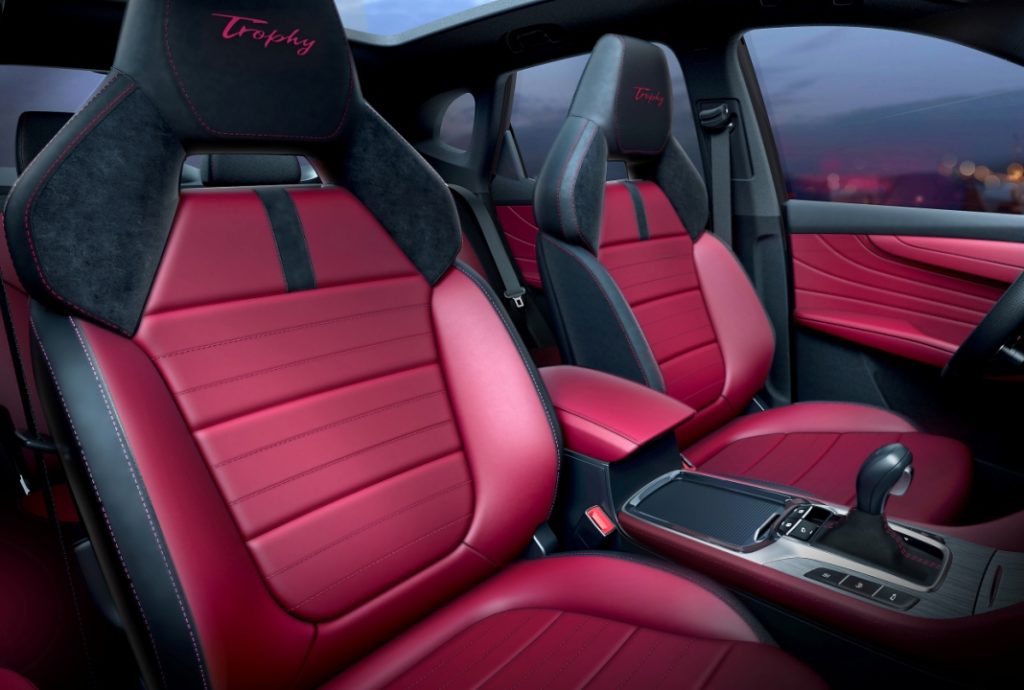


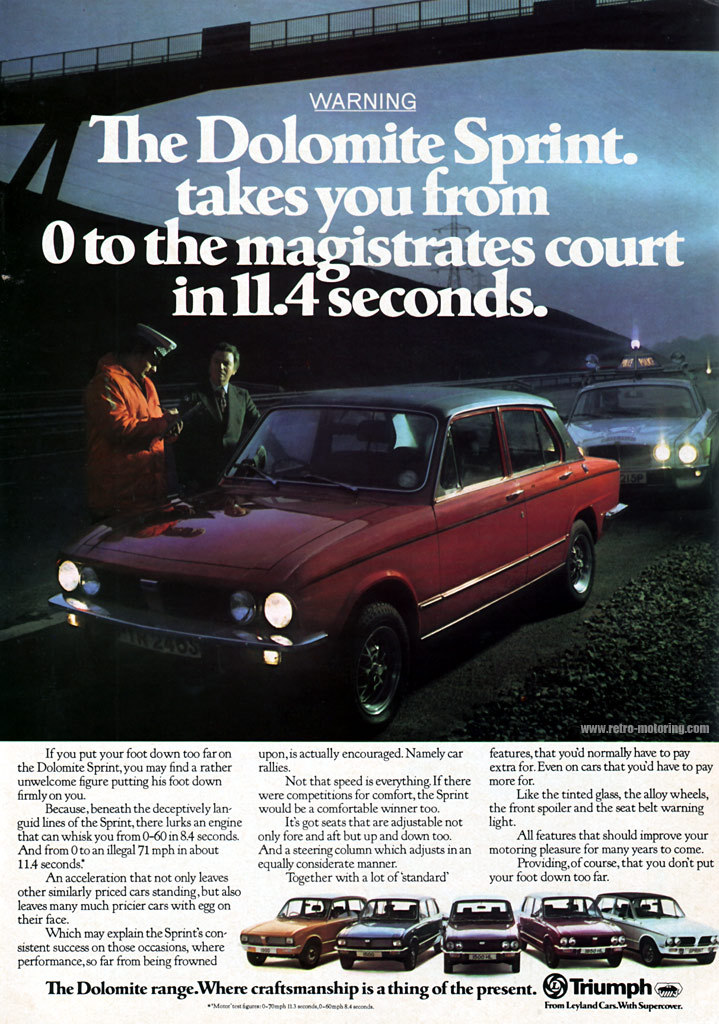

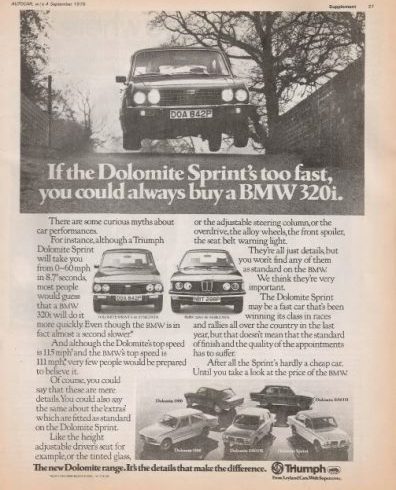
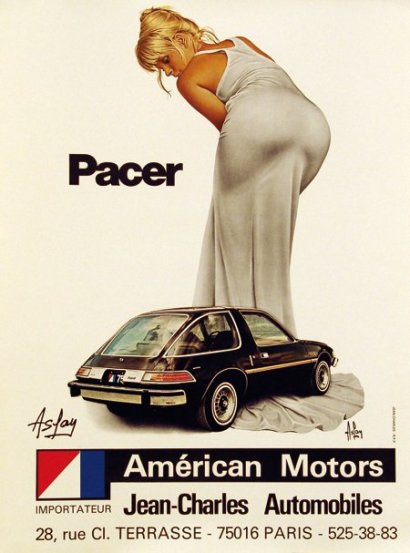




















Recent Comments